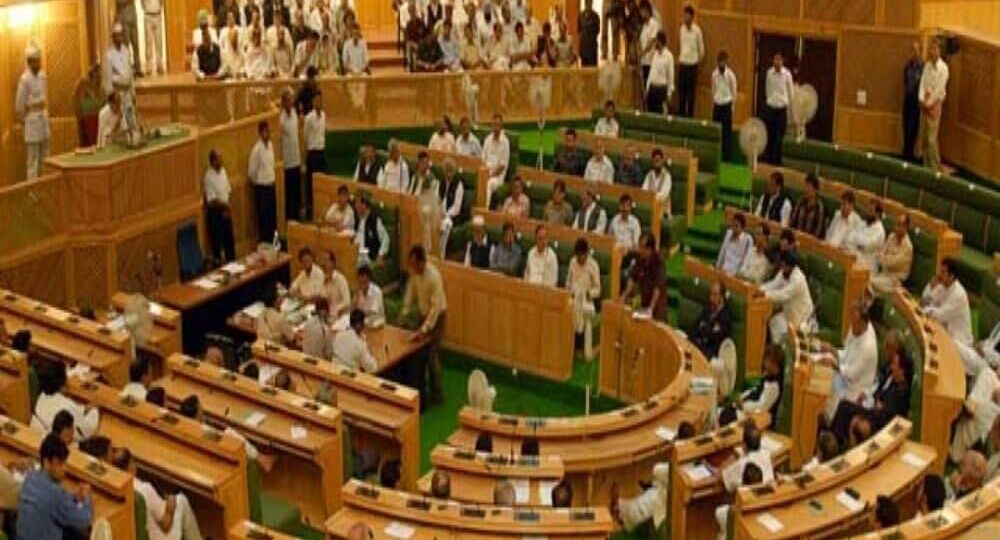Beginning with the acceptance of Cornelia Sorabji into the High Court of Allahabad in 1921 to rehearse as an Advocate, the legal profession had opened up its ways to the female populace of India. Officially, after the Legal Practitioners’ (Women) Act, XXIII of 1923 was passed and the
What is even more daunting than most of the heinous crimes is the fact that the majority of them are being committed against the most vulnerable sections of our society – the Scheduled Castes and Scheduled Tribes (SC & ST). In order to overcome this pressing issue, the Indian Parliament passed
The commencement of the Insolvency and Bankruptcy Code in 2016 in India, introduced to give balanced rights to the Financial Creditors and Corporate Debtors, giving Debtors the attempt to
In an era where almost every law is codified to avoid confusion, the law of torts in India remains uncodified in its entirety. Tort refers to a civil wrong, it includes various wrongs ranging from
It is a common norm for almost every country in the world to adopt a symbol that defines their Nation like an emblem, an animal, a bird, a fruit, a flag, an anthem, a sport, etc. India has similarly adopted 17 N
In the age of information and technology, advertisements are becoming an integral part of our lives, it has become very difficult for all of us to escape their influence. Today every section of society
The term “Copyright” describes a person’s legal right to intellectual property. The basic definition of copyright is the right to copy. The only people who have the sole right to reproduce a work are the original authors of that work and anybody to whom they grant permission. Copyright law gives
The complainant’s interest in recouping a profit from the defendant that she did not voluntarily leave with is weighed against the defendant’s interest in determining how assets in his control are
According to the Black’s Law Dictionary consent has been explained as “A voluntary yielding to what another proposes or desires; agreement, approval, or permission regarding some act or purpose,
The Right to Education is said to be the fundamental right of each citizen of India. And in today’s times, Legal education is of the utmost importance and is offered at different levels in various











